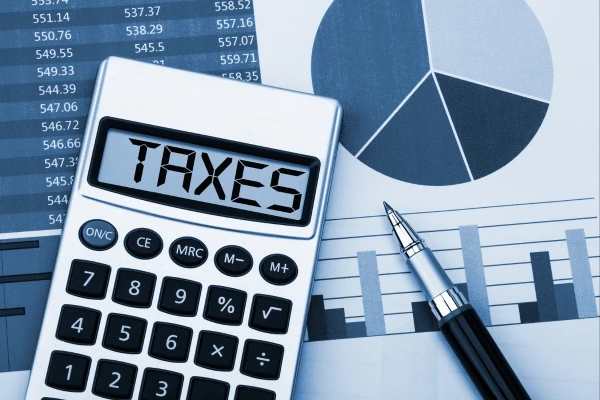How to Claim Tax Relief for Individuals
Claiming tax relief through EIS, SEIS, or VCTs is straightforward if you follow the correct steps and keep good records.
Enterprise Investment Scheme (EIS) and Seed Enterprise Investment Scheme (SEIS):
When you invest in an approved company, they’ll give you an EIS or SEIS certificate (form EIS3 or SEIS3). You use this form to claim income tax relief through your Self-Assessment tax return. If you want to defer capital gains, you’ll also include the details when you submit your return.
Venture Capital Trusts (VCTs):
When you invest in VCT shares, you’ll get a VCT certificate. You claim the income tax relief by including the details in your Self-Assessment tax return. Dividend income from VCTs is usually tax-free and doesn’t need to be reported if within the limits.
Keep Evidence:
Always keep your investment certificates and HMRC paperwork safe. If you sell or dispose of your shares too early, you may lose the relief and owe extra tax.
Timing:
Make sure you claim within the time limits you normally have up to five years from the end of the tax year in which you made the investment to claim income tax relief.










